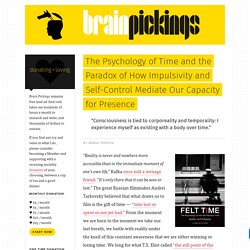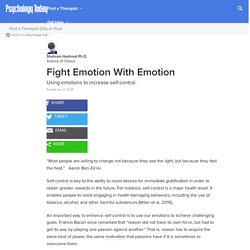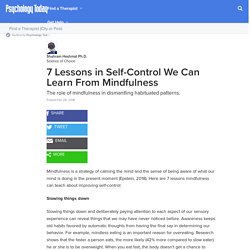

Our culture demands that successful humans rise above the constant distraction to self-motivate and delay personal gratification in favor of distal goals. “YOLO” became popular for a reason. It just isn’t very helpful when you’re trying to achieve goals that take time and effort.
We are not guaranteed a tomorrow. However, a balance between our cravings for instantaneous rewards and our desire to create longevity in career, relationships, and health is difficult to achieve. Our entire lives require that we weigh the choices of “okay right now” vs. “bigger better later.” As adults, it takes a concerted effort to override the environment to create our thriving personal worlds.
The underlying question in reaching success has been and will continue to be, “How bad do you want it?
What is Delayed Gratification and How to Pass the Marshmallow Test? Saving for your dream home?

Trying to fit into those skinny jeans? Want a lasting, loving relationship? Knowing how to delay pleasure in an effort to serve a more important and more gratifying goal makes all the difference in achieving that goal. The ability to self-regulate will directly impact the outcomes of all of those future plans. In a culture surrounded by the messaging that you can lose the discomfort right now, the ability to wait for a long term reward is less attractive. Read on to know why delayed gratification is a muscle we can all grow to serve our future selves.
What is Delayed Gratification? In the past, the concepts of delayed gratification, self-control, and self-regulation have been used interchangeably or inconsistently. With further investigation, since 2007, the umbrella term ‘self-regulation’ has beneath it the construct of self-control. Initial theories on delayed gratification focused on the construct as a personality trait and predictor or future success. 1. 2. The Psychology of Time and the Paradox of How Impulsivity and Self-Control Mediate Our Capacity for Presence. “Reality is never and nowhere more accessible than in the immediate moment of one’s own life,” Kafka once told a teenage friend.

“It’s only there that it can be won or lost.” The great Russian filmmaker Andrei Tarkovsky believed that what draws us to film is the gift of time — “time lost or spent or not yet had.” From the moment we are born to the moment we take our last breath, we battle with reality under the knell of this constant awareness that we are either winning or losing time. We long for what T.S. Eliot called “the still point of the turning world,” but in chasing after it we spin ourselves into a perpetual restlessness, losing the very thing we strive to win. These multiple and contradictory dimensions of time is what German psychologist Marc Wittmann explores in Felt Time: The Psychology of How We Perceive Time (public library) — a fascinating inquiry into how our subjective experience of time’s passage shapes everything from our emotional memory to our sense of self.
Seeing the Bigger Picture Can Promote Self-Control. The Problem With (How We Treat) Highly Disciplined People. 7 Things a Control Freak Does.
Loss of Control. Locus of Control. Comfort Zone. Willpower. Frustrating. Patience. Exhaustion. Fight Emotion With Emotion. “Most people are willing to change not because they see the light, but because they feel the heat.”

Aaron Ben-Ze’ev Self-control is key to the ability to resist desires for immediate gratification in order to obtain greater rewards in the future. For instance, self-control is a major health asset. It enables people to resist engaging in health-damaging behaviors, including the use of tobacco, alcohol, and other harmful substances (Miller et al. 2015). An important way to enhance self-control is to use our emotions to achieve challenging goals. In a recent book, the psychologist DeSteno (2018) shows that we can use our emotions to achieve challenging goals. Studies have shown that positive emotions (such as joy and love) can be used to “undo” the effects of negative emotions.
Anger is frequently used to do battle against fear. Fear is also good at reducing anger. Fear can be an effective tool for maintaining order in a society. 10 Strategies for Developing Self-Control. 7 Lessons in Self-Control We Can Learn From Mindfulness. Mindfulness is a strategy of calming the mind and the sense of being aware of what our mind is doing in the present moment (Epstein, 2018).

Here are 7 lessons mindfulness can teach about improving self-control: Slowing things down Slowing things down and deliberately paying attention to each aspect of our sensory experience can reveal things that we may have never noticed before. Awareness keeps old habits favored by automatic thoughts from having the final say in determining our behavior. For example, mindless eating is an important reason for overeating. Acceptance As a self-control strategy, mindfulness encourages a greater tolerance of emotional states. The power of pause. The “90% Rule” That Puts You 100% In Control Of Everything. Self-Efficacy.